Kodagu (Coorg)
Coorg, distinct from the rest of Karnataka, has a particular cultural identity shaped by its indigenous Kodava community. Renowned for their martial traditions, Kodavas have a rich heritage steeped in folklore, music, and cuisine. Their unique customs, including the annual festival of Kaveri Sankramana, celebrate their rural roots and reverence for nature. Coorg's lush landscapes, adorned with coffee plantations and misty hills, reflect the Kodava ethos of harmony with the environment. Despite modernisation, the Kodava community preserves its rich cultural heritage, making Coorg a popular tourism destination known for its traditions, landscapes, and warm hospitality.
Landscapes of Coorg
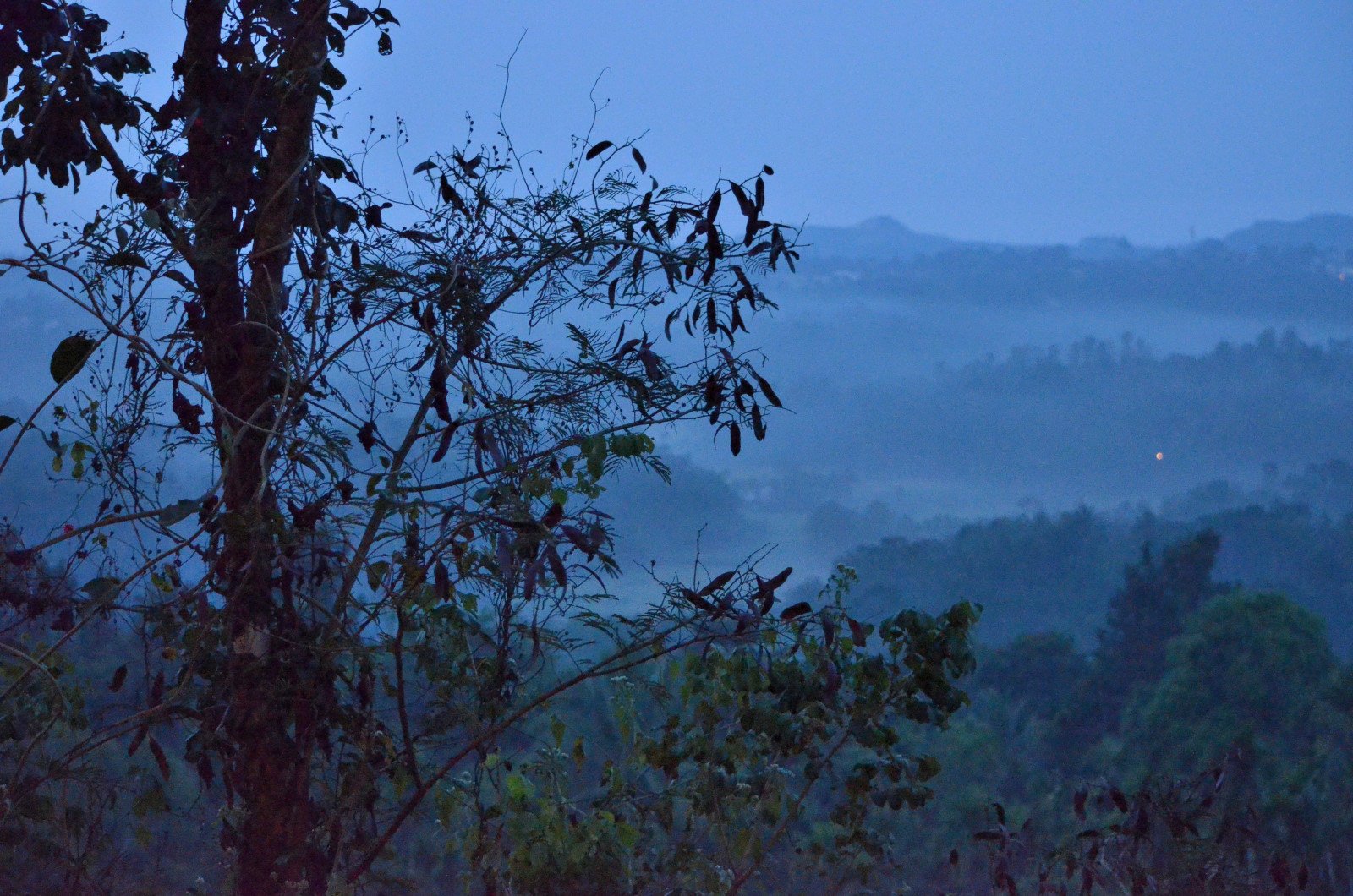
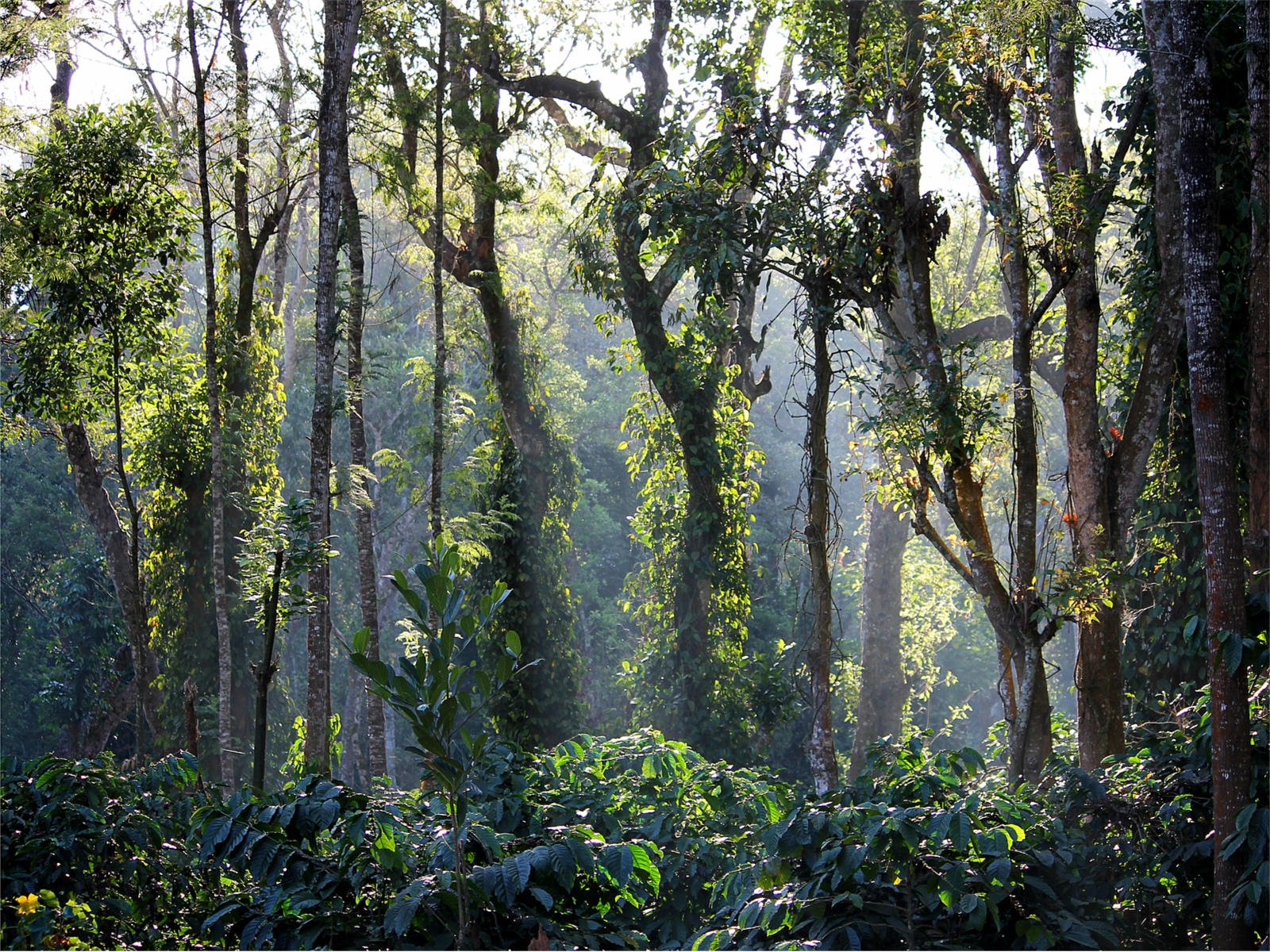
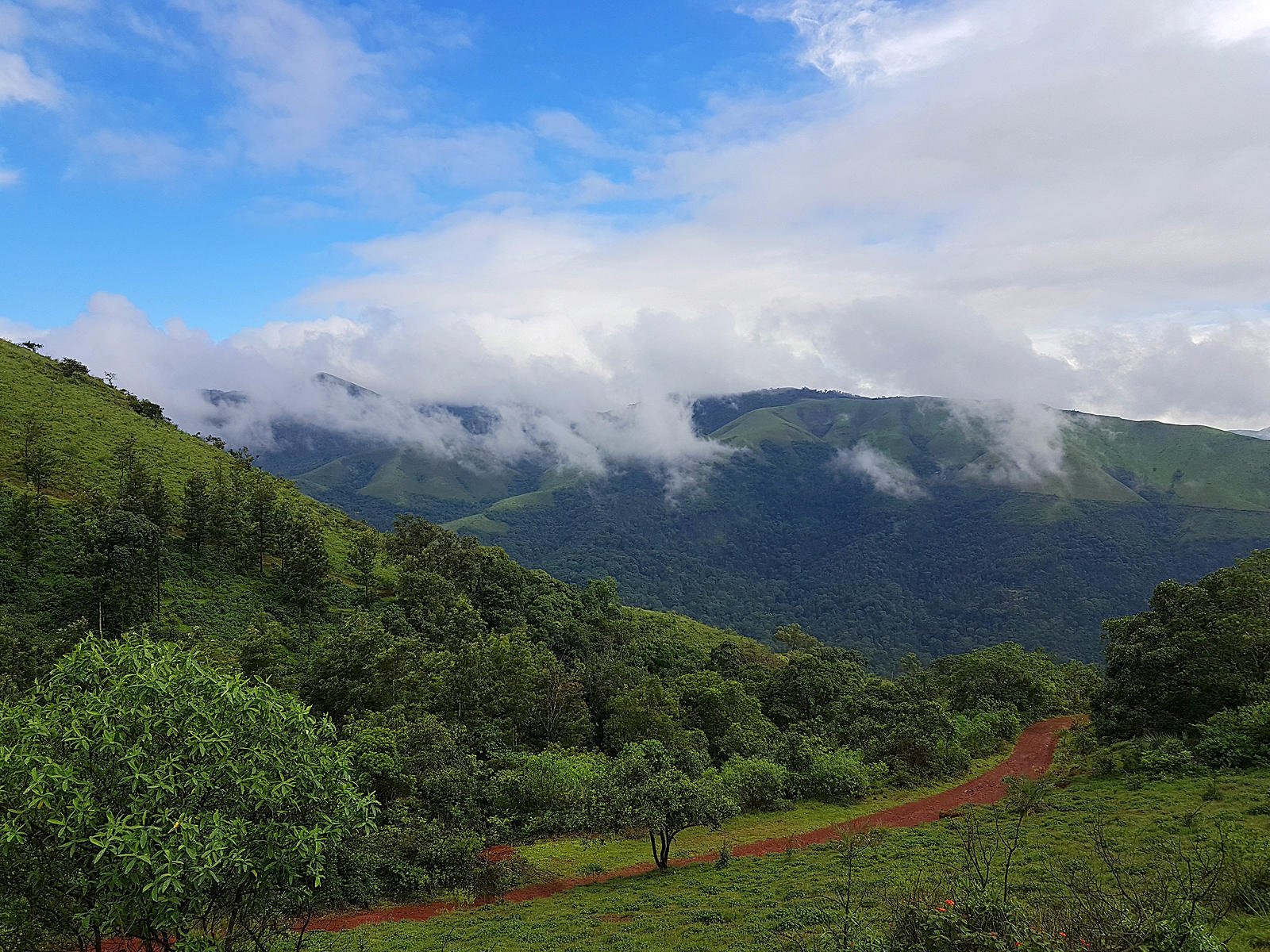

Coffee Cultivation

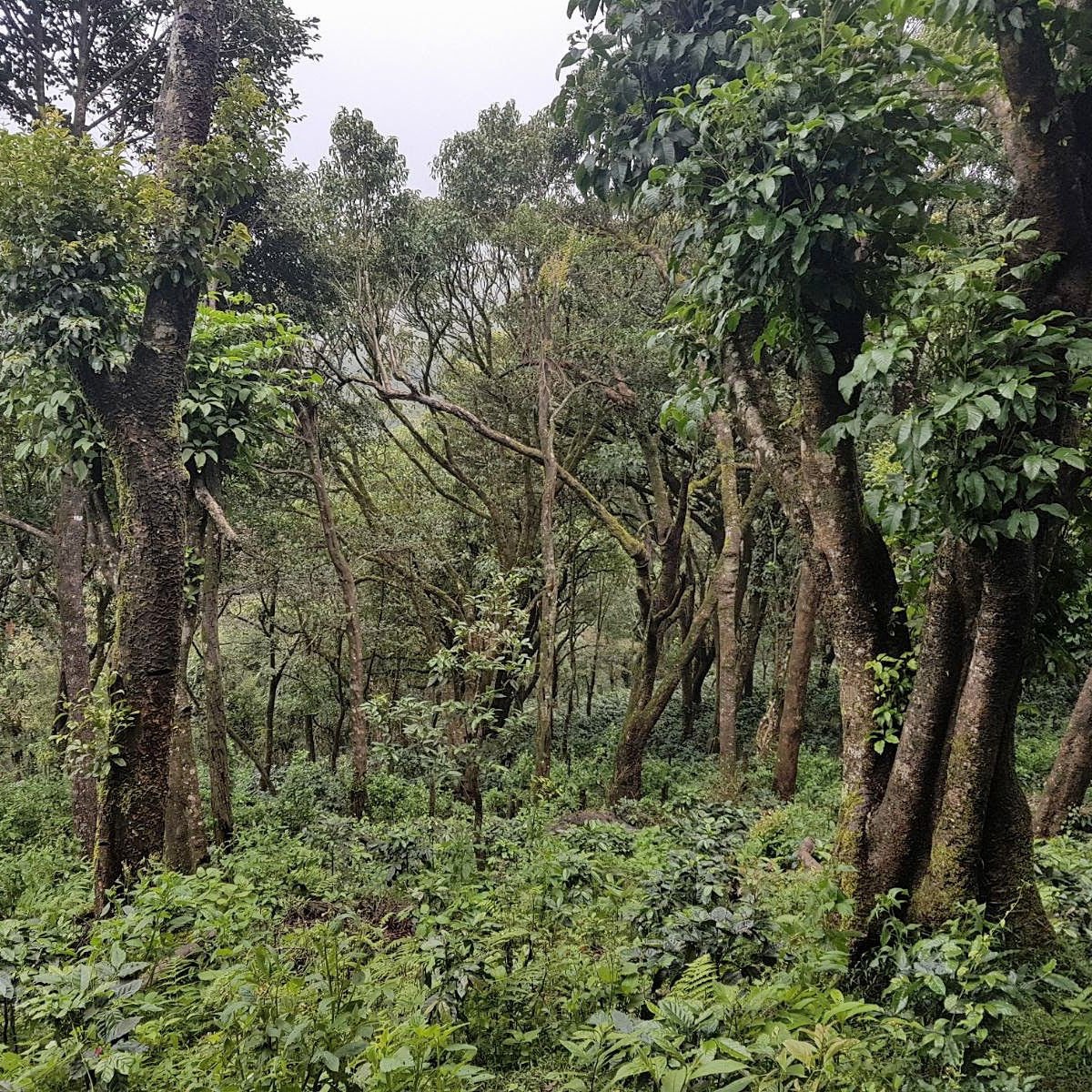
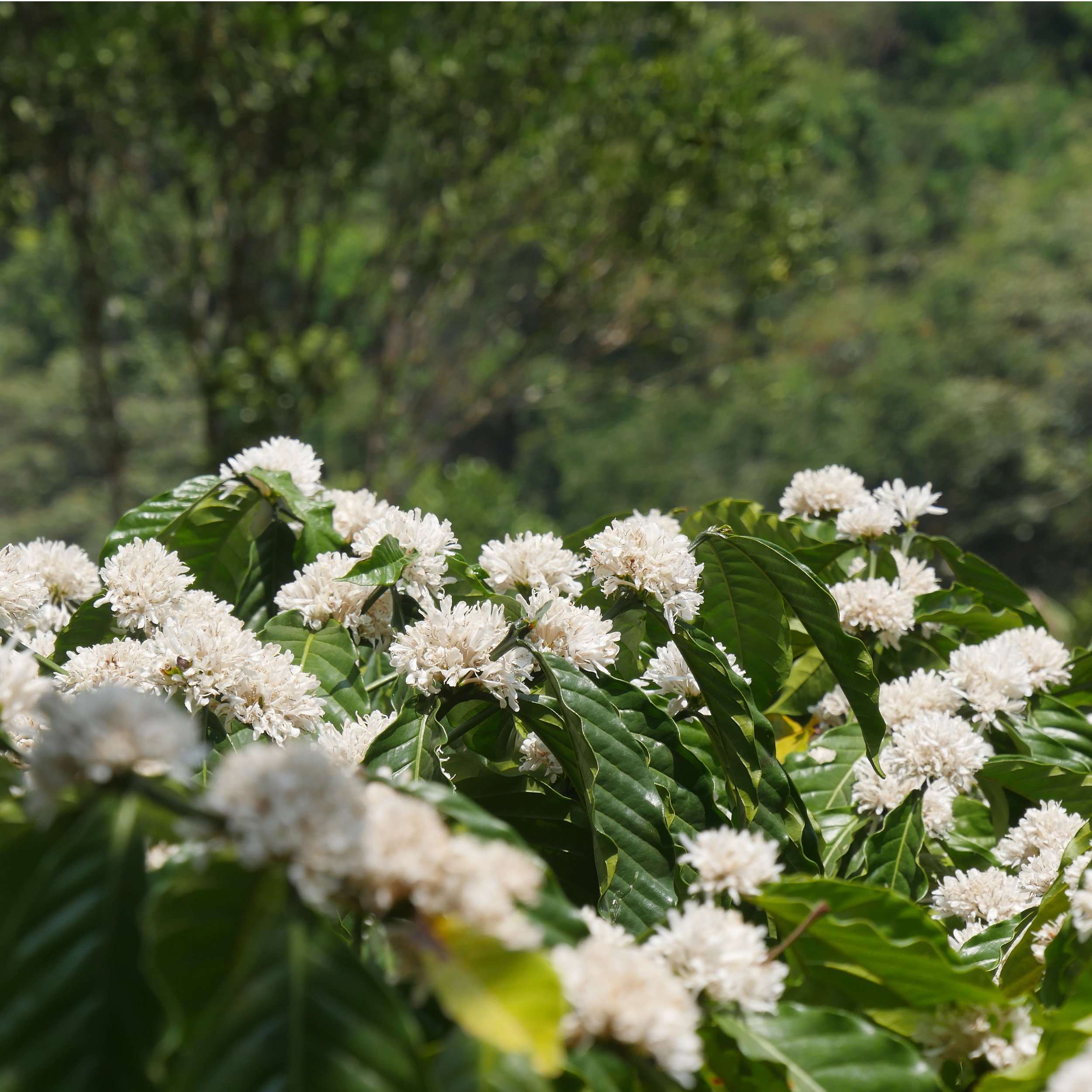
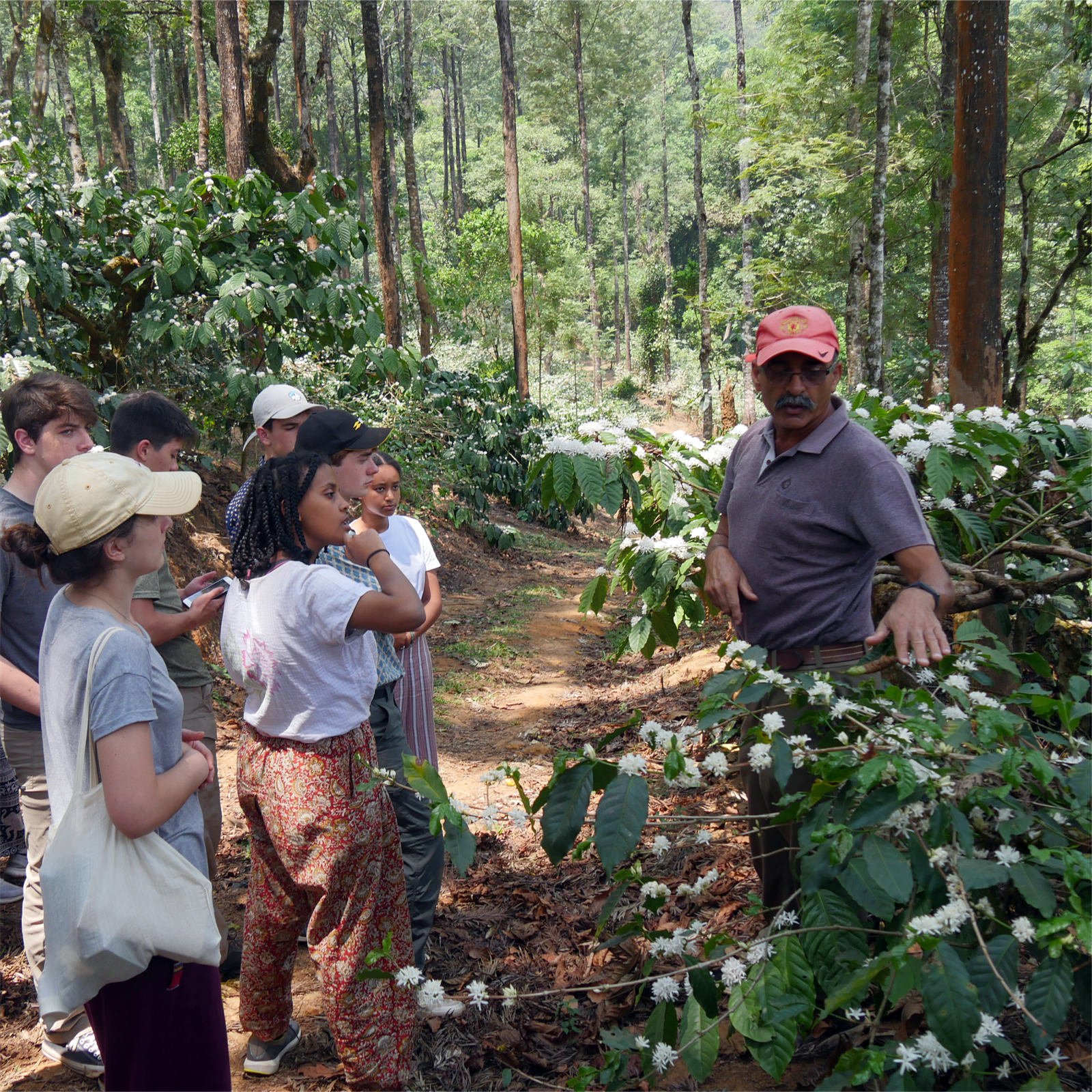
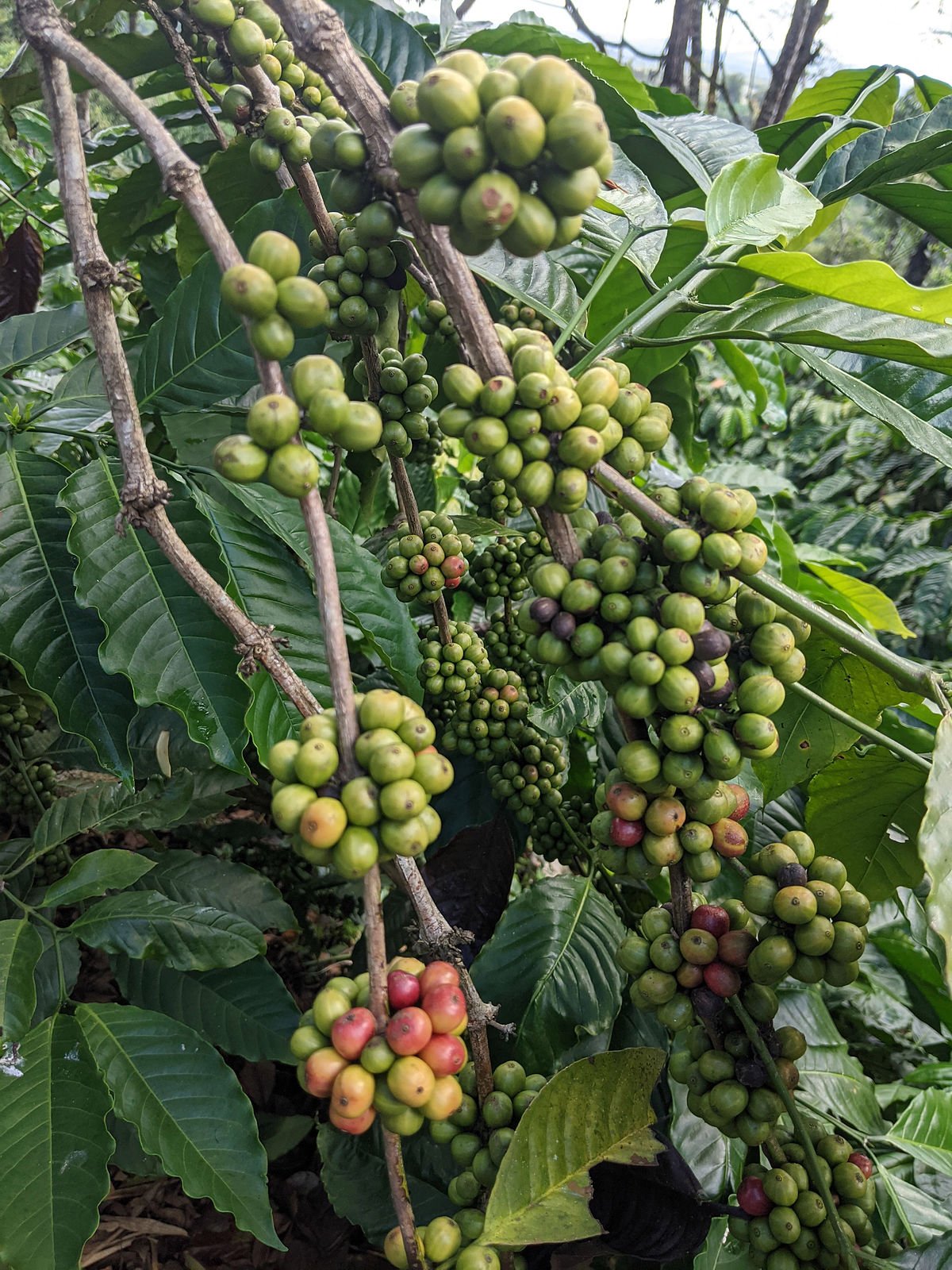
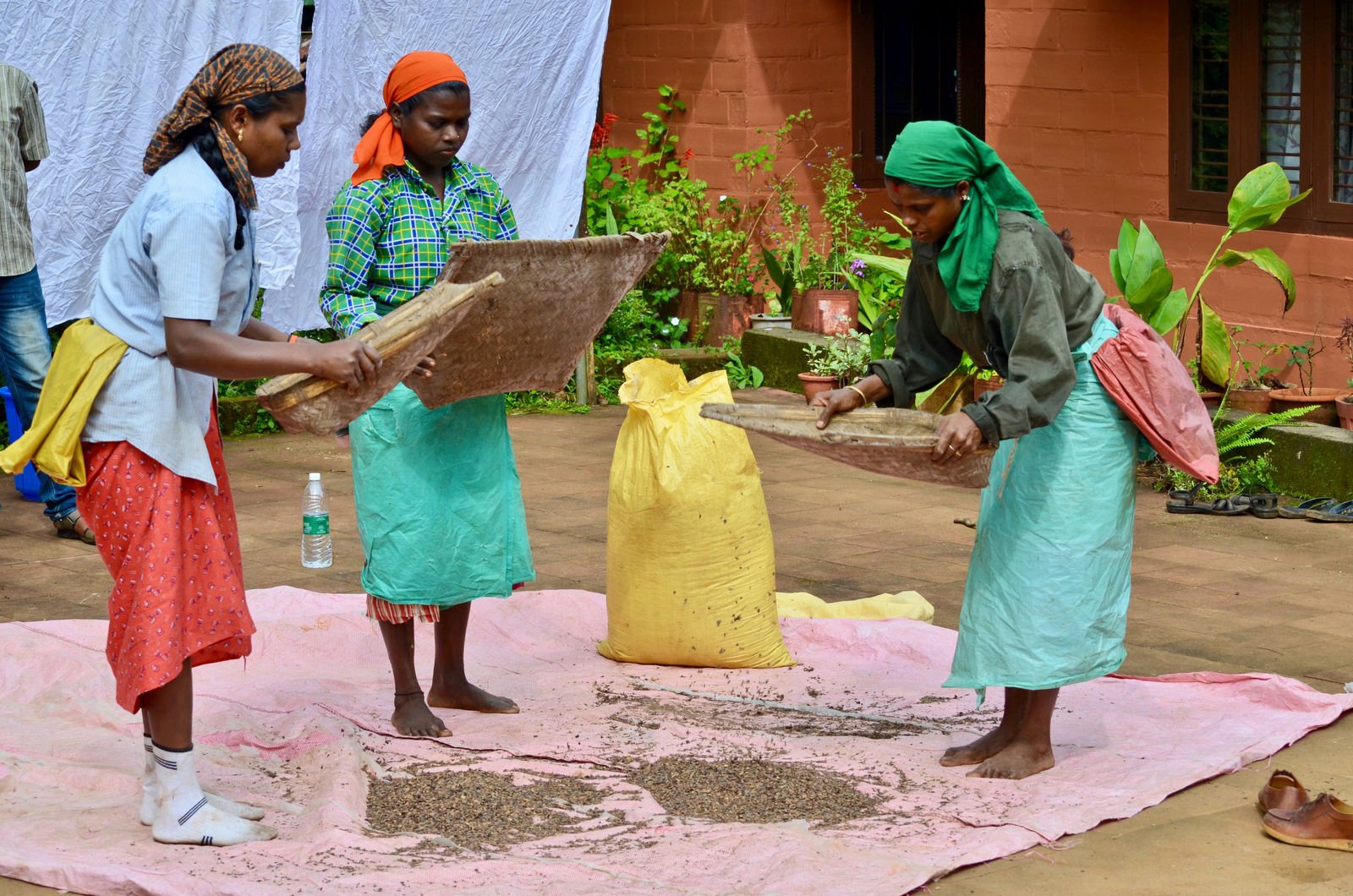
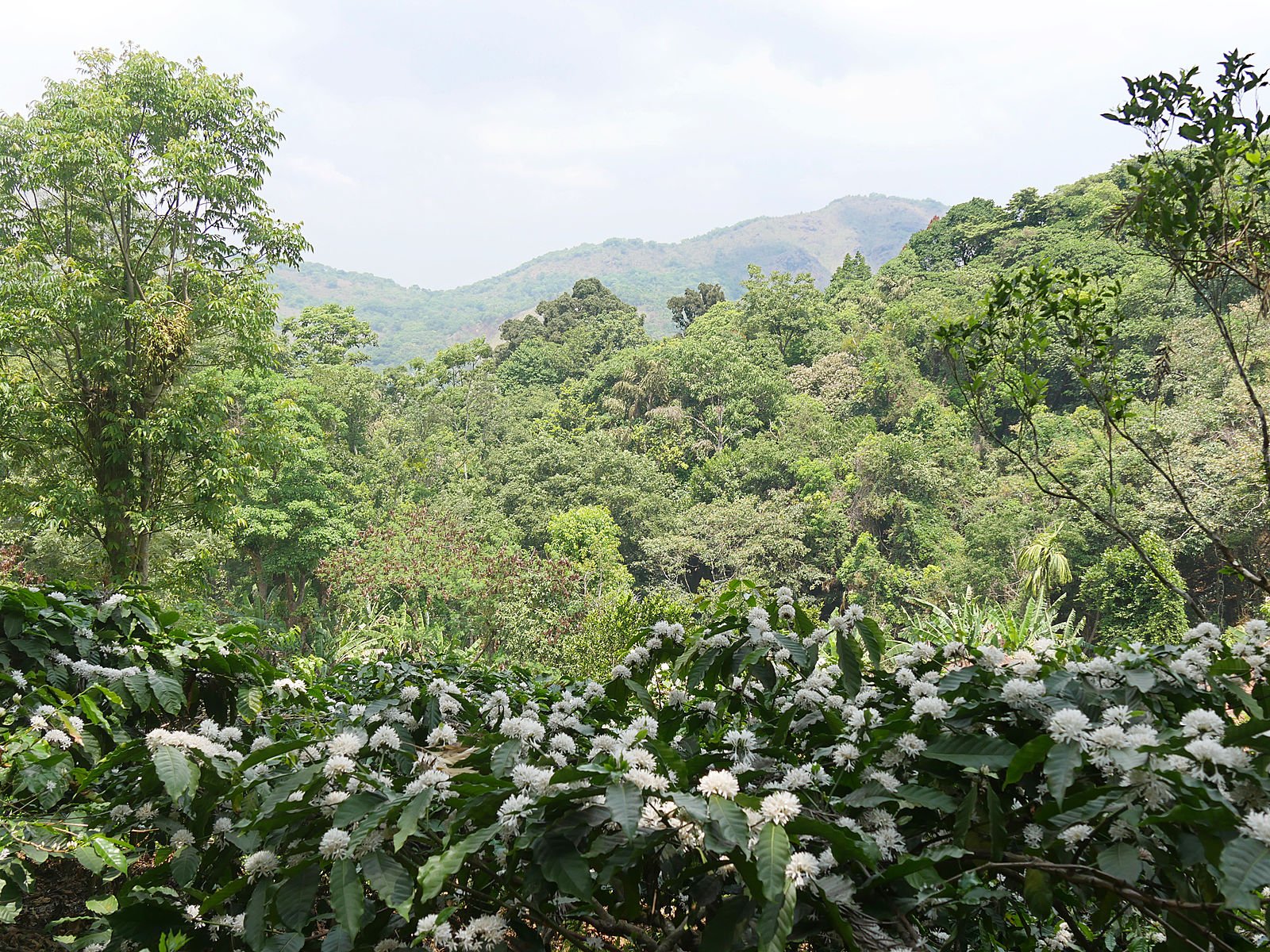
Coffee cultivation in Coorg, Karnataka, dates back to the 17th century when it was introduced by Muslim traders. Initially, coffee was grown under dense forest canopies. Over the years, Coorg has emerged as one of India's premier coffee-growing regions, with plantations expanding and adopting modern farming techniques. However, the global market's influence has been significant, with fluctuating prices and demand affecting local farmers. Coffee picking now relies heavily on migratory workers from northeastern India to meet labour demands. Despite challenges, Coorg's coffee industry remains vital to the region's economy, adapting to changing market dynamics while preserving its rich coffee-growing heritage.
